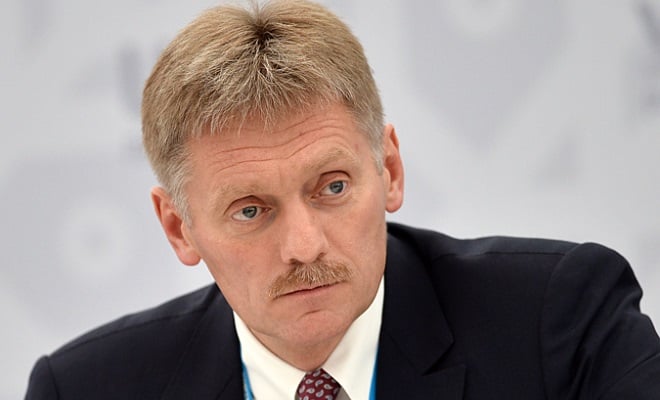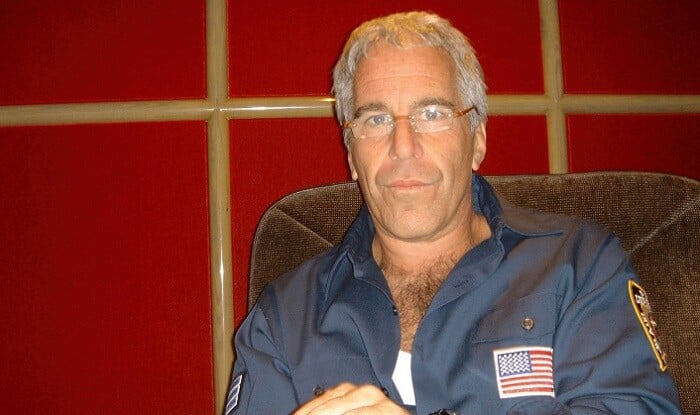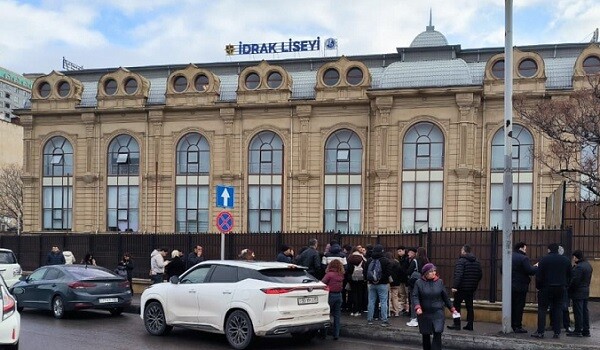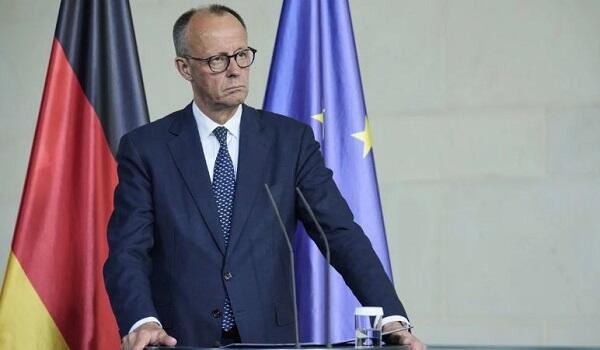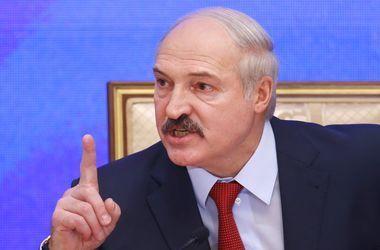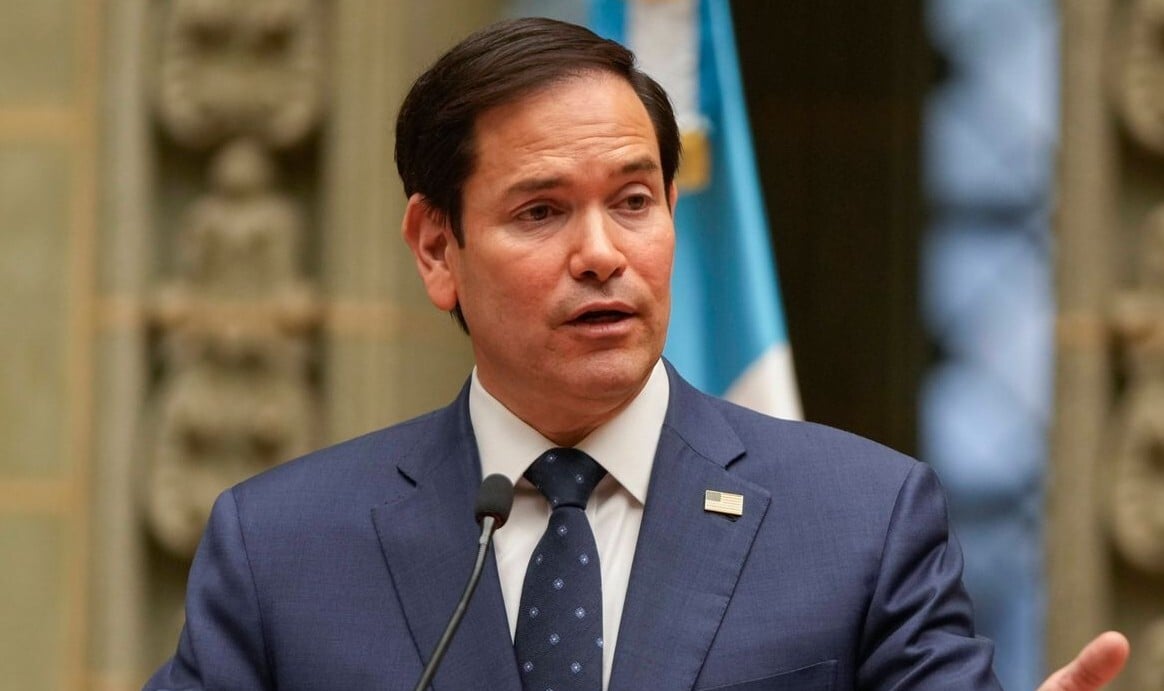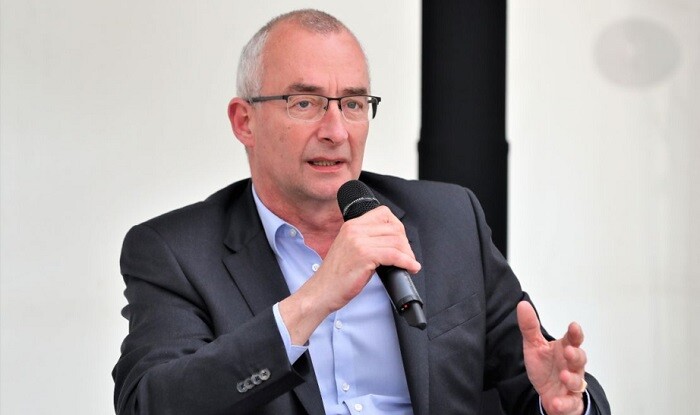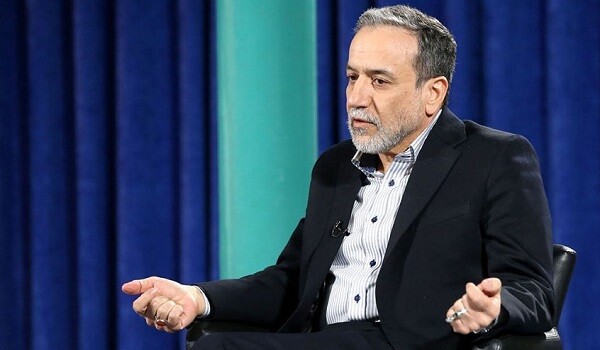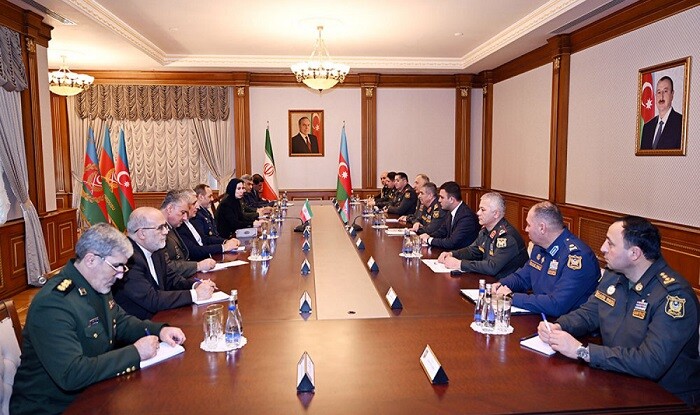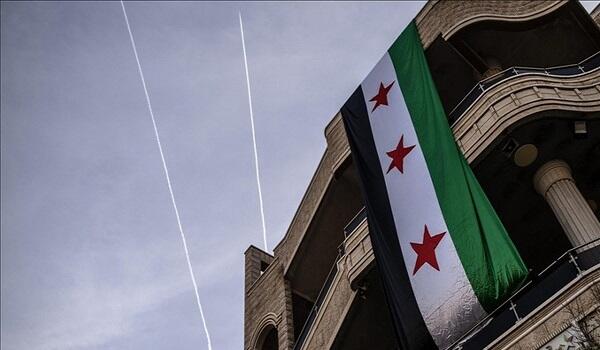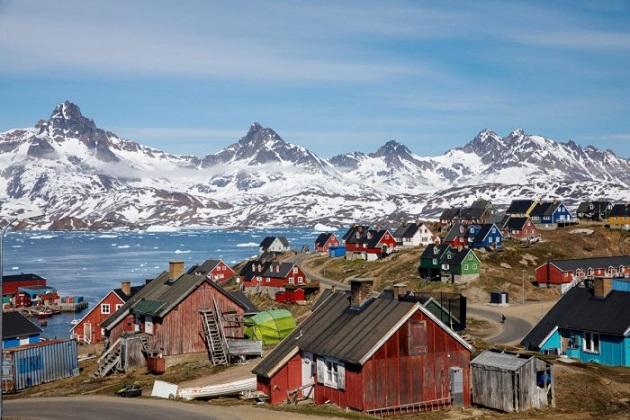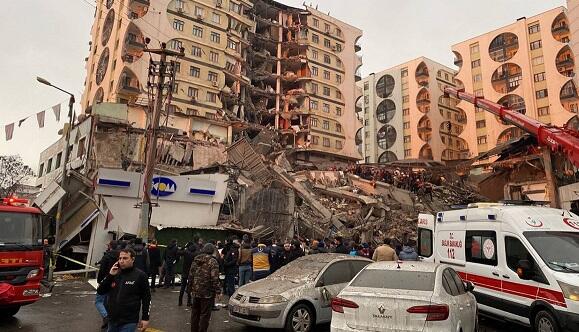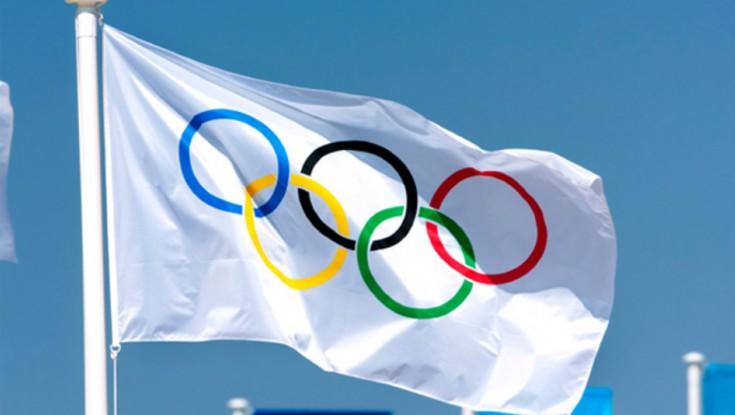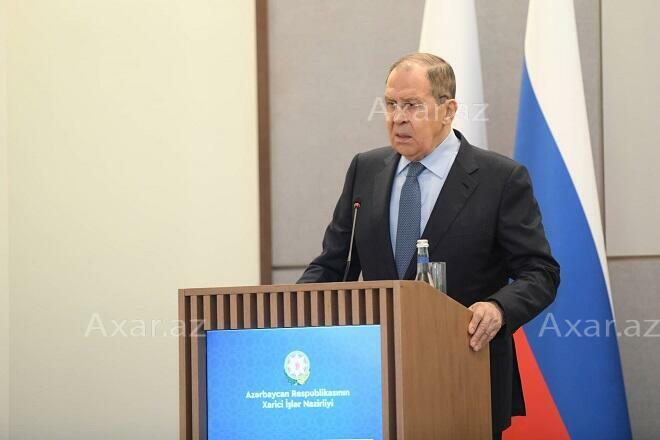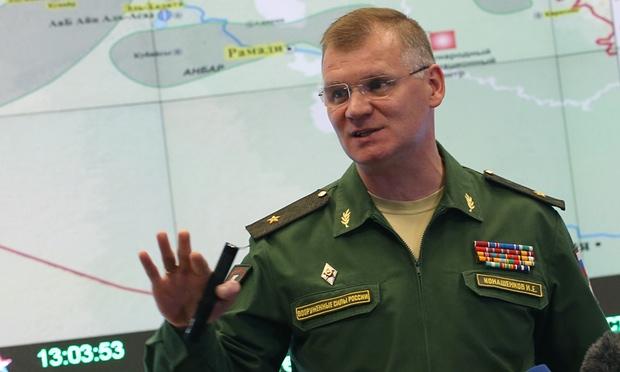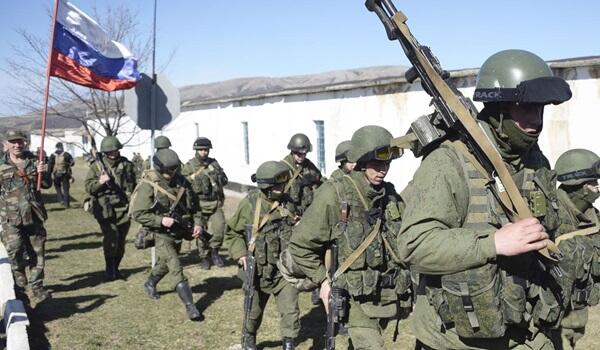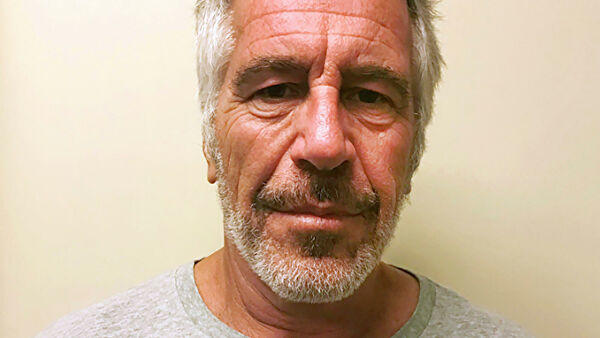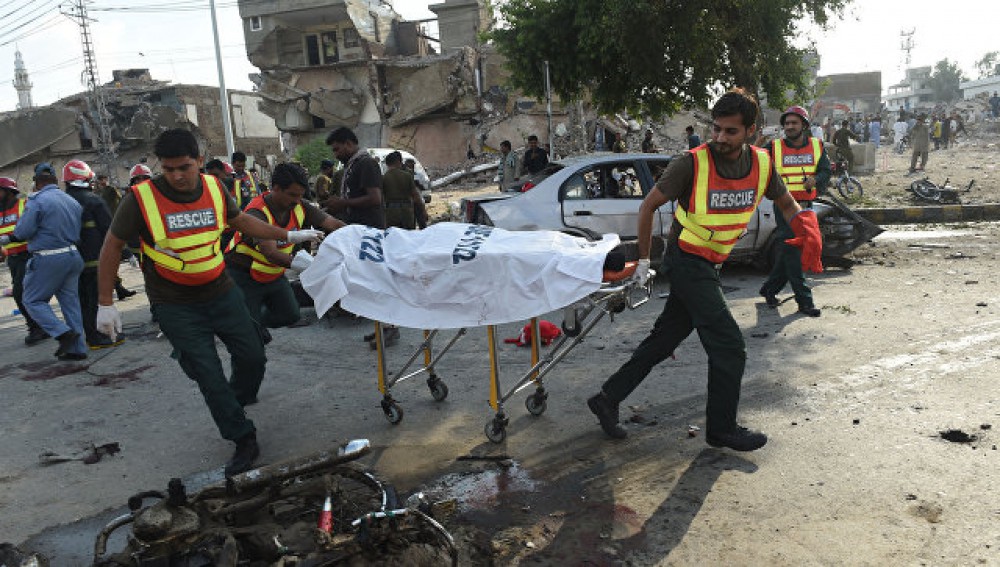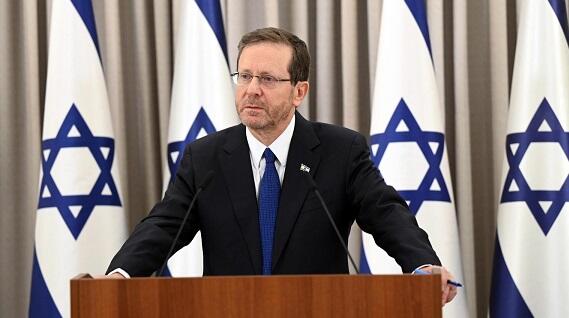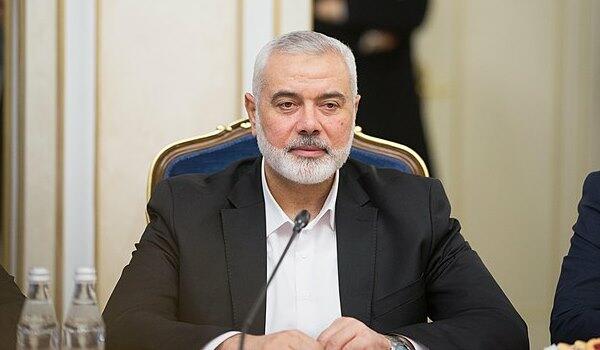Ismail Haniyeh, the prominent political leader of Hamas, tragically lost his life in a targeted strike on his Tehran residence on Wednesday morning. Hamas has attributed the attack to Israel.
Haniyeh's ascendance to prominence in 2006 as the Palestinian Authority's Prime Minister was largely seen as a consequence of the protracted and brutal conflict between Palestinian nationalists and militants, as well as Israel.
Throughout his career, he was perceived by many as the embodiment of the violent resistance against Israeli occupation, having spent years incarcerated in Israeli prisons and vowing to persist in the fight despite several Palestinian factions renouncing armed struggle in the 1990s. Born and raised in Gaza, Haniyeh's life was deeply impacted by the 1967 Arab-Israeli war, which led to the decades-long Israeli occupation of Gaza. Notably, on October 7, under his leadership, Hamas forces launched a significant incursion into southern Israel, resulting in the loss of approximately 1,200 lives, predominantly civilians. The subsequent Israeli invasion and bombardment of Gaza have, regrettably, claimed the lives of around 34,900 Palestinians, also primarily civilians.
Ismail Haniyeh's political career gained momentum in 2006, when Hamas secured a majority in the legislative elections, granting the organization control over Gaza. He subsequently assumed the role of Prime Minister of Palestine, serving in a short-lived coalition government for a year. Following the dissolution of the government due to infighting between Fatah and Hamas, Haniyeh maintained his leadership over Gaza from 2007 to 2014. In 2017, he succeeded Khaled Meshaal as the chief of Hamas's political bureau, a position he held until Yahya Al Sinwar took over.
Ismail Haniyeh's life began in 1962 in the Al Shati refugee camp in northern Gaza, where his family had sought refuge from Ashkelon. At the time, Gaza was under Egyptian control, following the first two Arab-Israeli wars. Haniyeh's educational background includes attending schools operated by the United Nations Relief and Works Agency for Palestine Refugees (UNRWA) and later earning a Bachelor's degree in Arabic from the Islamic University in Gaza. During his university years, Haniyeh became involved in politics, joining the Islamic Student Bloc, an organization considered a precursor to Hamas.
Ismail Haniyeh completed his education in 1987, a pivotal year marked by the onset of the first uprising against Israeli control in Gaza and the founding of Hamas. A decade later, he would be chosen to lead the organization's political bureau. Haniyeh's activism against Israel led to his imprisonment on multiple occasions, including in 1988 and 1989, until his deportation to Lebanon in 1992, where he remained for a year. Upon his return to Gaza in 1993, coinciding with the signing of the Oslo Accords between the Palestinian Liberation Organization and Israel, he was appointed as the dean of the Islamic University. In 2003, two years into the second Intifada, Israel launched a failed assassination attempt on Haniyeh and Hamas co-founder Sheikh Ahmed Yassin, targeting them at a meeting in a Gaza apartment complex.
In 2006, Ismail Haniyeh's convoy came under gunfire in Gaza, although he emerged unscathed. That same year, Hamas alleged that Israel had sent a poisoned letter to Haniyeh's Ramallah office, which was intended for him as the Prime Minister at the time. The incident resulted in seven individuals being hospitalized. More recently, several members of Haniyeh's family, including children and grandchildren, tragically lost their lives in Israeli airstrikes targeting a convoy carrying them in Gaza. In response, Haniyeh stated, "The occupation believes that by targeting the commanders' homes and pressuring them, they can break our resolve and sacrifice our people's blood and demands... but this will only make us stronger and more resilient." He further emphasized, "The blood of my family is not more valuable than the blood of other Palestinians. All the martyrs in Gaza are my children."
Following his departure from Gaza in 2019, Ismail Haniyeh resided in Turkiye and Qatar, where he solidified his position as a prominent political leader and spokesperson for Hamas. During this period, he fostered closer ties with the Iranian and Syrian leadership. Notably, he attended the funeral of IRGC commander Qassem Suleimani in 2020, following his death in a US drone strike in Iraq. Hamas had historically received funding from Iran, alongside other groups in the Middle East, including the Gaza-based Palestinian Islamic Jihad. Haniyeh had previously expressed gratitude for Iranian support in the lead-up to the 2014 Israel-Gaza war. However, the relationship had experienced turbulence, particularly during the Syrian civil war, when Hamas voiced opposition to Syrian President Bashar Al Assad. In 2021, Haniyeh attended the inauguration of Ebrahim Raisi, who tragically passed away in a helicopter crash earlier this year, accompanied by his foreign minister. In 2022, Haniyeh met with Syria's President Bashar Al Assad, marking a reconciliation of sorts after their previous rift over the Syrian uprising. At the time of his passing, Haniyeh was in Tehran, attending the inauguration of Iran's President Masoud Pezeshkian.




